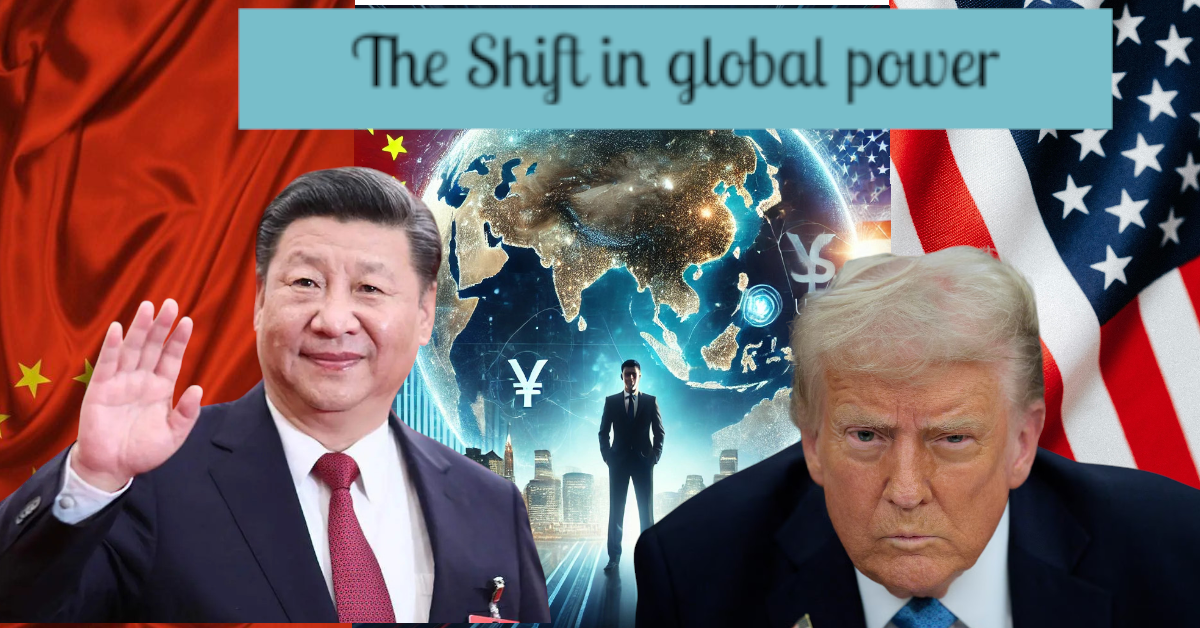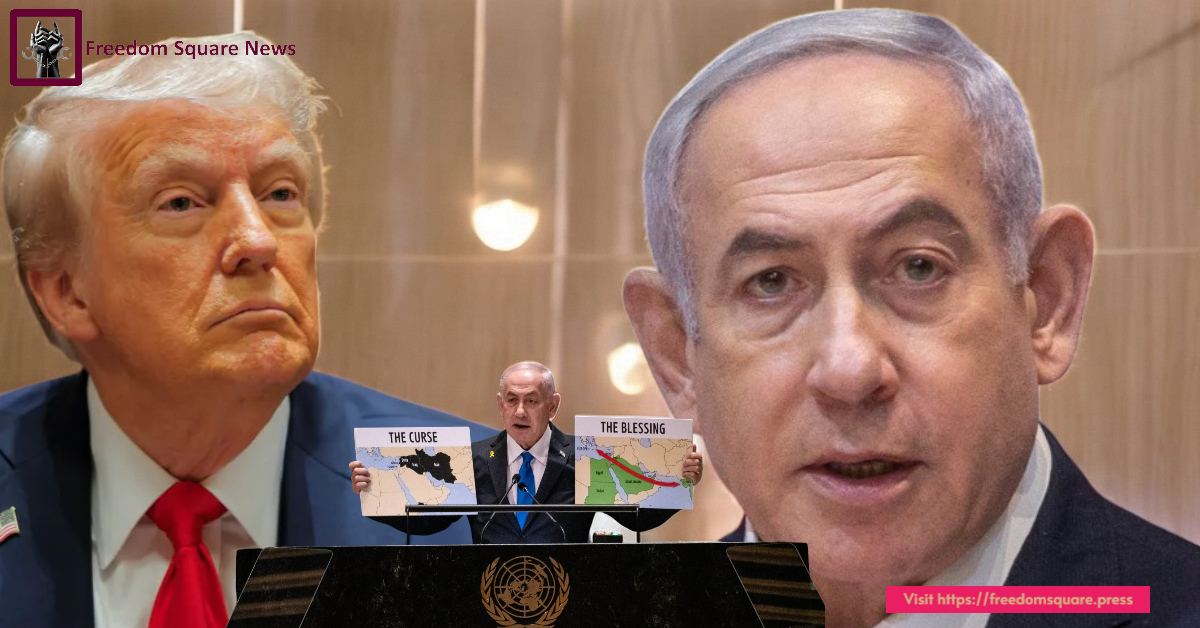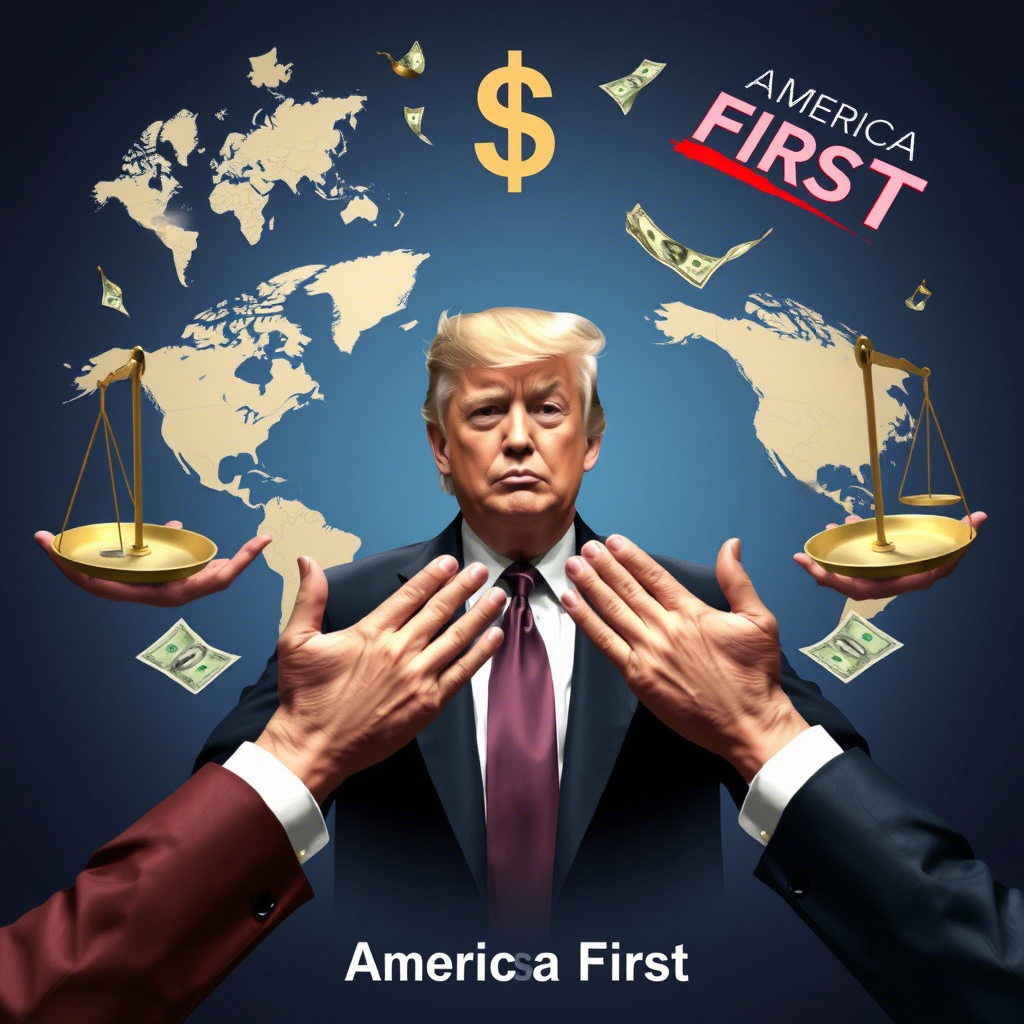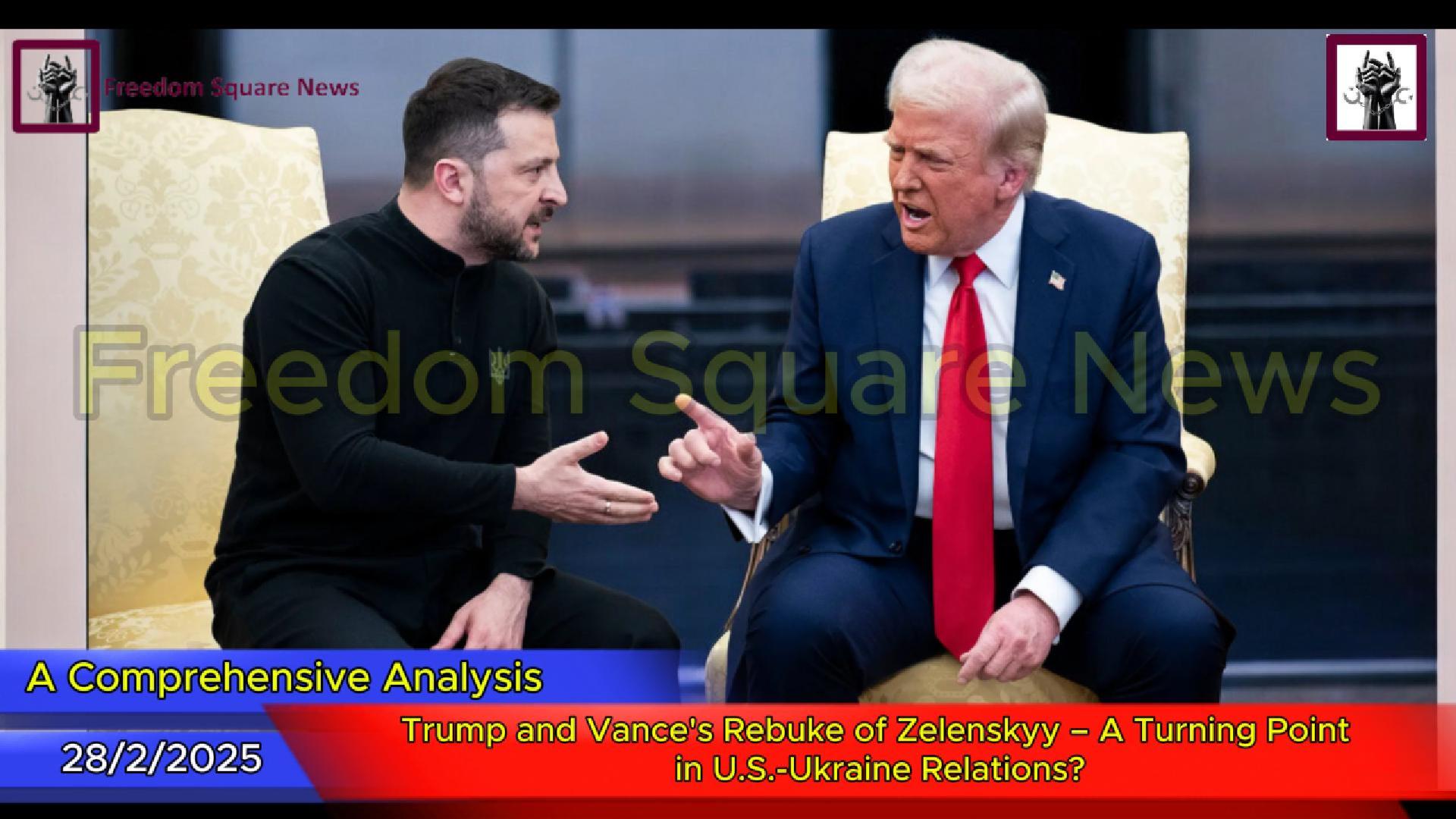Lai Omotola, CEO of Confederated Facilitators Limited (CFL) Group, has raised a controversial claim that the devaluation of the Nigerian Naira and the country’s economic struggles are not merely a result of market forces but, rather, orchestrated by a group of influential elite businessmen, referred to as ‘market cabals.’
Omotola made these statements during a media parley organized by his company to celebrate its 25th anniversary. He argued that these elite figures are involved solely in currency speculation and offered insight into their modus operandi.
According to him, “That business is sweeter than cocaine, which is why all of them are locked into it, and that is why the Naira today is moving towards N1,200 for a dollar.”
He claimed that Nigeria’s economy is not influenced by market forces but rather controlled by these ‘market cabals,’ explaining how they manipulate the currency market, taking control away from the Central Bank of Nigeria (CBN).
Omotola revealed that these cabals know precisely how much money is required to maintain a N2 difference between the official and parallel market exchange rates. However, they choose to release only a portion into the economy. This leads to a situation of high demand and low supply, ultimately driving up the dollar-to-Naira exchange rate.
- CBN to freeze accounts without BVN from April 2024
- Nigerian Banks Engage in Merger Talks Amidst Capital Base Expansion Plans
- Tinubu Asserts His Presidential Candidacy, Economic Reforms at German-Nigerian Forum
- Wealthy Elite Business Figures Blamed for Naira Devaluation in Nigeria
- President Tinubu Addresses Economic Concerns
- Poor Funding Killing Tertiary Education, Not Lecturers’ Strike – SSANU President
He noted that less than 40% of the dollar is used productively in Nigeria, with corruption and speculation being the primary drivers of dollar demand in the country.
Omotola firmly believed that until these influential business figures are held accountable, the Naira will continue to weaken against the dollar. Furthermore, he suggested that if the government were to inject money into the economy, a significant portion would end up in the hands of these elite figures, further contributing to the dollar-to-Naira gap.
Omotola’s statements shed light on the intricate economic challenges confronting Nigeria. Currency speculation and the existence of a parallel foreign exchange market significantly influence the exchange rate in the country. His observations underscore the complex nature of managing the nation’s currency in a multifaceted economic landscape.




